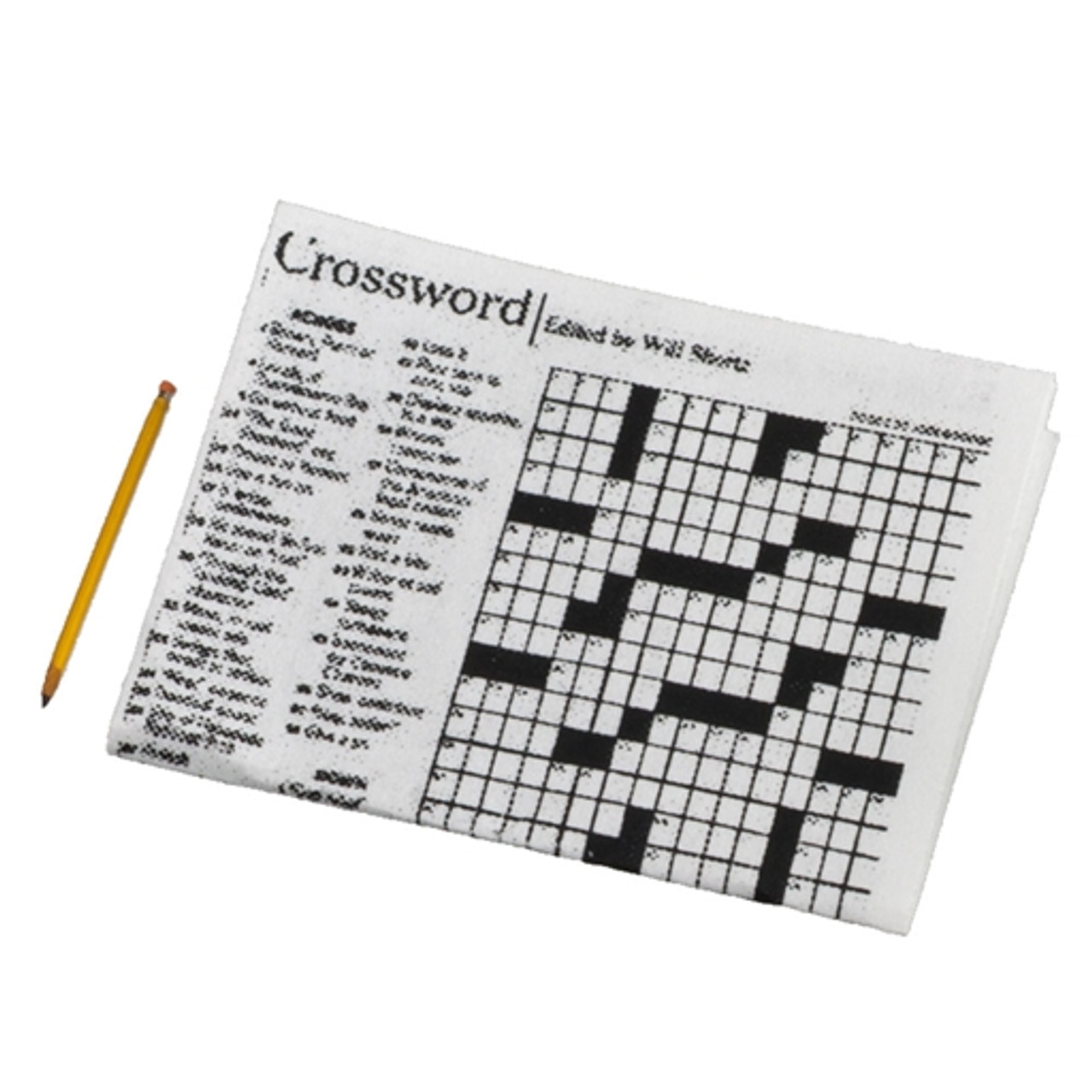Week 32: Puzzle, 9 Letters
Let me ask, what puzzle games do you play online? These days everyone’s into Wordle, and some have made the jump to Quordle or even Octordle. Last night my brother ruined my evening by introducing me to Nerdle. Do you try to figure out the number of degrees in Angle X on Instagram? (Chief SOHCAHTOA can often help.) Or perhaps you’re still stuck on Sudoku.
Well for my money nothing can replace doing the New York Times Sunday crossword puzzle in hard copy. And maybe you’ve thought once or twice about where those puzzles come from and whether you might have it in you to submit one.
I can help. I looked it up. Presenting the Top Ten Rules for getting your puzzle into the Sunday Times:
1. The grid must be 21 squares by 21 squares and symmetrical, so that if you turn it upside-down, it looks exactly the same.
2. The maximum number of answers allowed is 140.
3. The black squares should not comprise more than 16% of the puzzle, and should never completely isolate a section of the puzzle.
4. No letter should be in one word only; each letter should be part of both a DOWN and an ACROSS word.
5. The inclusion of rarely-used letters of the alphabet is strongly encouraged.
6. “Themes should be fresh, interesting, narrowly defined and consistently applied throughout the puzzle.” The “themed answers” should be placed symmetrically in the puzzle and must be the longest answers in the puzzle.
7. Answers should reference a cross-section of interests including geography, history, art, music, mythology, etc.
8. Don’t use partial phrases of more than 5 letters, words of “uninteresting obscurity,” uncommon abbreviations, or rarely used foreign words.
9. Never let two particularly hard or obscure words cross.
10. “The New York Times looks for intelligent, literate, entertaining and well-crafted crosswords that appeal to the broad range of Times solvers.”
To increase your chances of getting accepted by puzzle master Will Shortz, include words related to Arabian horses, Indiana, Tudor architecture and Arts and Crafts. And go heavy on cultural references and riddles.
BONUS ADVICE: The inclusion of ‘enigmatologist’ may potentially generate fortuitous repercussions.
